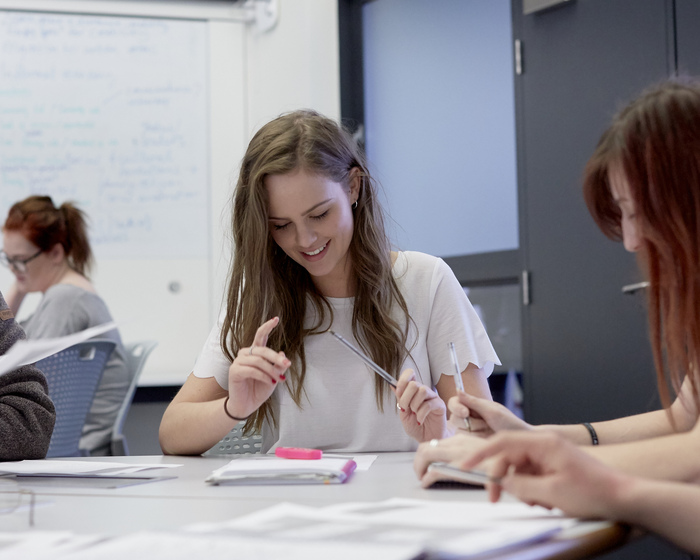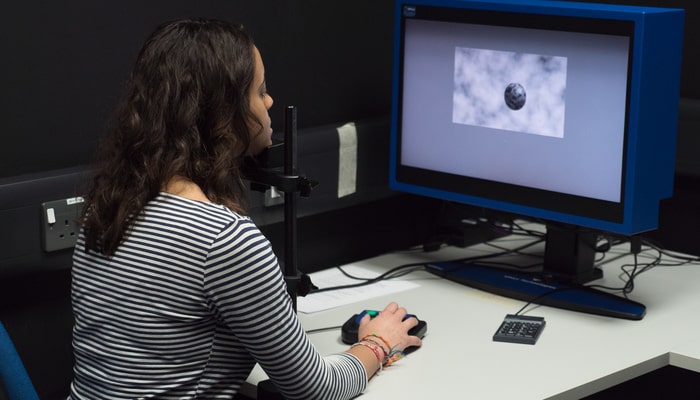Becoming a Psychologist
Psychology brings together the scientific study of behaviour, mental health, and neurophysiological functioning in an attempt to understand what makes us human, and why we think the way we do.
Psychologists work to understand and explain thoughts, emotions, feelings, and behaviour. They use techniques such as observation, assessment, and experimentation to develop theories about the beliefs and feelings that influence a person’s actions.
Professional fields within psychology range from clinical, health, occupational and educational, to forensic, sport and exercise, counselling, neuropsychology, and academia, research, and teaching.
Getting Started
The first step to becoming a professional psychologist is to take a degree in Psychology accredited by the British Psychological Society (BPS) which will provide Graduate Basis for Chartered Membership (GBC) of the BPS. This is necessary to progress to training in the area of psychology that interests you and to practise as a professional psychologist.
During the first year of our programmes students are introduced to key concepts in psychology, including cognition, development, social psychology, biological psychology, and research skills. Students can explore current research topics and conceptual and historical issues, as well as psychology and its application to real-world scenarios.
In the second year, students can develop and refine research skills, and can begin to tailor the course to their individual interests by choosing elective modules to examine topics in greater depth.
During the third year, the majority of study will be determined by students interests and career aspirations. There are a range of optional modules to choose from and students will also be expected to complete an extended independent project.
After You Graduate
After completing an accredited programme or a conversion course, students may undertake postgraduate training to qualify in the area of psychology in which they are interested. Postgraduate study and training is a requirement to become a Chartered Psychologist and to register as a practitioner psychologist with the Health and Care Professionals Council (HCPC). More details about the specific progression requirements, including registration with the Health and Care Professions Council (HCPC) can be found on the NHS website at https://www.healthcareers.nhs.uk/explore-roles/psychological-therapies/studying-psychological-therapies.
Our Programmes

BSc (Hons) Psychology with Forensic Psychology
The BSc (Hons) Psychology with Forensic Psychology degree at Lincoln aims to provide students with an understanding of the core concepts and practices in psychology in general, along with a level of specialised knowledge in forensic psychology.

BSc (Hons) Psychology with Mental Health
The BSc (Hons) Psychology with Mental Health degree at the University of Lincoln covers a broad range of psychological theories, alongside specialist modules in mental health and wellbeing, counselling skills and theory, and approaches to treatment and therapy.
Hear from Our Students
"During my degree I completed a year-long social research placement at the Department for Education focusing on mental health, character, and wellbeing. The role covered a variety of key tasks including literature searching, contract management, report writing, carrying out qualitative and quantitative research, and much more! The placement really gave me the opportunity to apply things I’d learnt in my degree so far but also to develop my skills further and learn new ones."
Lucy Gilbert, BSc (Hons) Psychology graduate and Research Officer at the Department for Education

Explore Our Bitesize Psychology Videos
Our bitesize videos are designed to provide an insight into a wide range of different subject areas and topics. These videos can help give you a sense of the subject you might be thinking about studying.
Our Facilities
The University has invested £19 million in the Sarah Swift Building, a dedicated facility for the Schools of Health and Social Care and Psychology. Specialist psychology research facilities include a sleep laboratory, motor lab and EEG laboratories, a psychophysiology laboratory, and Lincoln Infant and Child Development Lab – a specialist area for the study of child development. Students have access to ICT suites and technical staff who can offer support in the design and execution of experiments and assistance with specialist software.
Psychology Research
Students in our School of Psychology have opportunities to learn from specialists in their respective fields and to take part in exciting research projects. Current topics being explored include understanding the impact of Covid-19 on mental health, the effect of human activity on habitat selection in the Barbary macaque, and investigating online dating behaviours using the science of facial attractiveness.
Students can benefit from a modern suite of Psychology Labs in the £21 million Sarah Swift Building, which are used for teaching and research projects in areas such as forensic psychology, perception and cognition, development and social behaviour, and autism. The Psychology Labs are equipped with specialist equipment including a dynamic 3D body scanner, an eye-tracker, Molecular lab, and driving simulator.

Have a Question?
Thinking of studying Psychology at the University of Lincoln and have a question? Our friendly Enquiries Team is on hand to help with any queries you might have.


